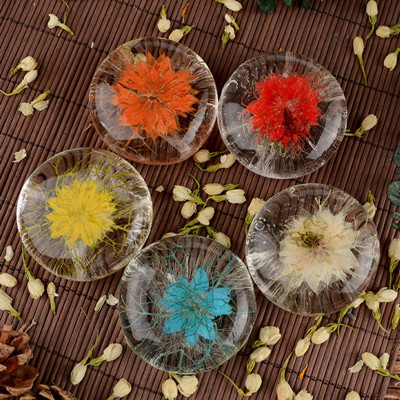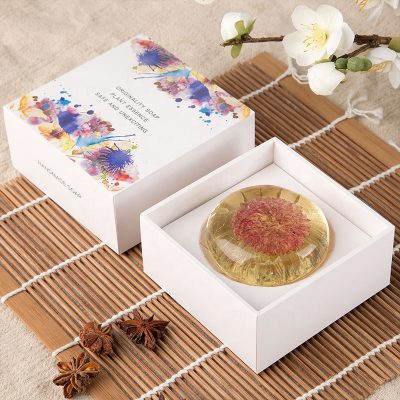Cleansing rituals and practices around the world vary based on cultural traditions, ingredients available, and regional preferences. Here are a few examples of cleansing rituals that involve the use of bar soap from different parts of the world:
- Mediterranean Hammam Ritual (Turkey, Morocco, Tunisia):
- Hammam, a traditional steam bathhouse, is popular in various Mediterranean countries. It involves a cleansing ritual that includes exfoliation and relaxation.
- Olive oil-based soap, often referred to as “Olive Oil Soap” or “Castile Soap,” is commonly used in Hammams. It’s rich in moisturizing properties and is used along with exfoliating mitts to cleanse and rejuvenate the skin.
- Japanese Onsen Bathing (Japan):
- Onsen is a traditional Japanese hot spring bath. Before entering the communal baths, individuals usually cleanse themselves thoroughly.
- Some onsens provide guests with yuzu-scented soap bars made from citrus fruits. Yuzu is believed to have rejuvenating and relaxing properties.
- Savon de Marseille (France):
- Savon de Marseille is a traditional soap that originated in the port city of Marseille, France. It’s known for its purity and mildness.
- This soap is often used as a multipurpose cleanser for body, face, and even laundry. It’s made from natural vegetable oils and has a recognizable cube shape.
- Korean Bathhouse (South Korea):
- Public bathhouses, known as “jjimjilbang,” are integral to Korean culture. They often have various saunas, baths, and cleansing rituals.
- Exfoliating mitts and scrubs are commonly used to cleanse the skin, followed by the use of natural soap bars. Charcoal-based soaps are also popular for their detoxifying properties.
- African Black Soap (West Africa):
- African black soap, also known as “Ose Dudu” or “Alata Samina,” is a traditional soap originating from West Africa.
- It’s made from locally harvested plant ingredients like cocoa pods, shea butter, and palm oil. This soap is known for its natural cleansing and moisturizing properties.
- Indian Ayurvedic Cleansing (India):
- Ayurveda, an ancient holistic healing system from India, emphasizes daily cleansing rituals.
- Ayurvedic soaps often include ingredients like turmeric, neem, and sandalwood, known for their purifying and skin-balancing properties.
- Arabic Black Soap (Middle East):
- Traditional Arabic black soap, known as “Sabon Beldi” or “Hammam Soap,” is used in hammams and baths throughout the Middle East.
- It’s made from olive oil and crushed olives and is used to cleanse and exfoliate the skin.
- Brazilian Rituals (Brazil):
- In Brazil, people often use natural soaps made from ingredients like coconut, acai, and Amazonian clay.
- These soaps are used in cleansing rituals that celebrate the country’s diverse flora and offer various skincare benefits.
These examples highlight the diverse ways in which bar soap is integrated into cleansing rituals around the world. Each culture’s practices reflect its unique traditions, natural resources, and beliefs about skincare and well-being.





































